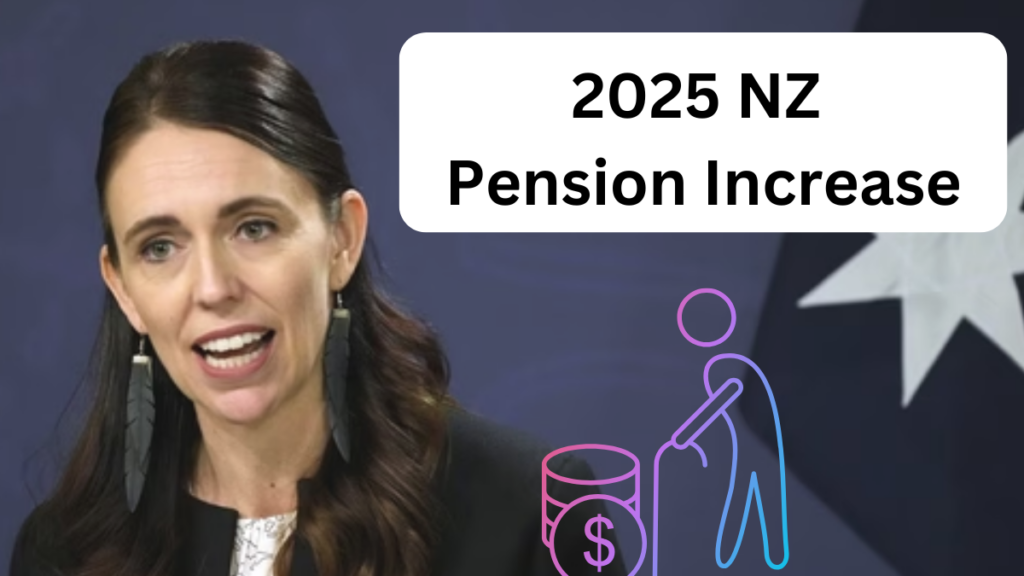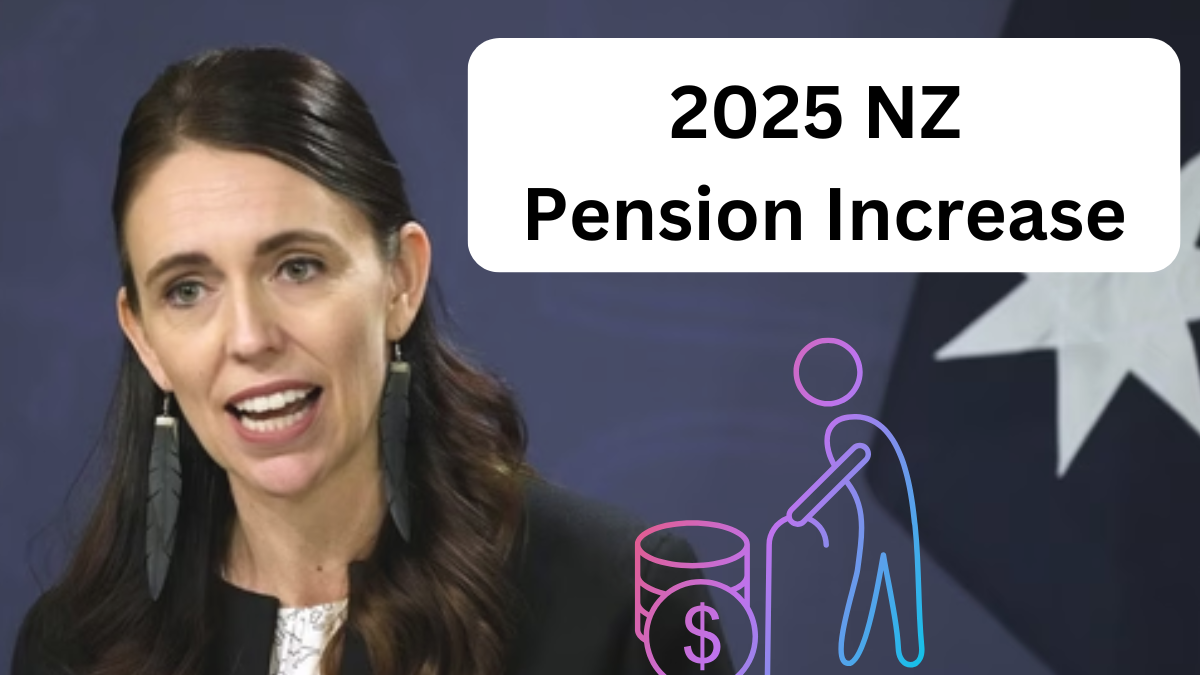The New Zealand government continues its commitment to supporting retirees by periodically increasing pension payments. These adjustments help ensure that older citizens can keep pace with the rising cost of living and inflation. The pension system is designed to provide financial stability to seniors, and the latest updates for 2025 bring notable changes that beneficiaries should be aware of.
This article provides a detailed breakdown of the NZ pension increase for 2025, covering updated pension amounts, payment schedules, taxation policies, and eligibility criteria. Understanding these changes will help pensioners plan their finances better and stay informed about their entitlements.

Understanding the New Zealand Pension System
New Zealand’s pension system operates under the Superannuation and Retirement Income Act of 2001. It is a government-funded initiative designed to provide financial assistance to senior citizens. Pension payments are made on a fortnightly basis, ensuring that retirees receive consistent financial support.
The amount a pensioner receives depends on their living situation. Whether single, married, living alone, or still employed post-retirement, pension payments are structured to accommodate different lifestyles. These periodic increases in pension payments help older individuals maintain financial security and ensure they can meet essential living expenses.
New Zealand Pension Increase Amounts for 2025
With the rising cost of living, the New Zealand government has introduced an increase in pension payments to provide additional financial support to retirees. The revised pension amounts for 2025 are as follows:
| Living Arrangement | Weekly Pension Payout |
|---|---|
| Single (Living Alone) | $496 |
| Single (Living with Others) | $458 |
| Married Couple (Both Eligible) | $763 (combined) |
| Married Couple (One Eligible) | $725 |
These pension amounts are subject to further adjustments depending on inflation rates, economic conditions, and policy changes. Retirees are encouraged to check government updates regularly to stay informed about any additional modifications to pension payments.
New Zealand Pension Payment Dates for 2025
Pension payments are scheduled on a fortnightly basis to ensure retirees receive timely financial support. The projected payment dates for 2025 are as follows:
| Payment Month | Payment Dates |
| February 2025 | 10th and 24th February |
| March 2025 | 8th and 22nd March |
| April 2025 | 5th and 19th April |
| May 2025 | 3rd, 17th, and 31st May |
These dates are provisional and may be subject to changes. If a payment date coincides with a public holiday, necessary adjustments will be made to ensure pensioners receive their payments without delays. Beneficiaries should monitor official government announcements for any updates on payment schedules.
Taxation on New Zealand Pension Increase
While pension increments offer financial relief, it is important to note that pension payments are taxable. The tax codes applicable to pensioners depend on their financial circumstances and any additional sources of income. Below is an overview of the primary tax codes used for pension payments:
| Tax Code | Applicable To |
| M Tax Code | Individuals without student loan deductions |
| M SL Tax Code | Individuals with student loans |
| Special Tax Code | Individuals whose NZ Super is greater than their earned income |
The tax rate for pensioners varies depending on their overall income and can range between 17.5% and 33%. Pensioners are encouraged to seek advice from tax professionals or consult the Inland Revenue Department (IRD) to better understand how their pension income will be taxed. Keeping track of applicable tax codes ensures that retirees remain compliant with tax regulations while maximizing their pension benefits.
Eligibility Criteria for New Zealand Pension
Not everyone qualifies for the New Zealand Superannuation pension. The government has established specific criteria that individuals must meet in order to receive pension benefits. Below are the primary eligibility requirements:
- Age Requirement: Individuals must be at least 65 years old to qualify for pension payments.
- Residency and Citizenship: Applicants must be legal and permanent residents of New Zealand.
- Income Limitations: Pension payments are subject to income thresholds that the government sets.
- Tax Compliance: Individuals must have a clean tax record and have filed their tax returns on time.
Pensioners who meet these criteria can register through their MyMSD accounts to claim their pension benefits. The application process is straightforward, and government agencies are available to assist retirees in ensuring they receive the financial support they are entitled to.
Frequently Asked Questions
How often does the New Zealand pension increase?
The pension is reviewed on an annual basis and adjusted in accordance with inflation rates, cost of living, and government policies. These adjustments help ensure that retirees receive adequate financial support to meet their daily expenses.
Will my pension payments be affected if I continue working after 65?
No, individuals can continue to work while receiving NZ Superannuation. However, additional income from employment may be subject to taxation, which could affect the net pension amount received.
What happens if my pension payment date falls on a public holiday?
If a scheduled pension payment date falls on a public holiday, the payment may be processed earlier or later than usual. Beneficiaries should check the official Work and Income New Zealand website for updated payment schedules.
Can I receive New Zealand Superannuation if I live overseas?
New Zealand has social security agreements with certain countries, allowing pensioners to receive payments while residing abroad. However, eligibility and payment amounts may vary based on the specific agreement with each country. Pensioners planning to live overseas should check with Work and Income New Zealand to understand their entitlements.
Conclusion
The 2025 pension increase aims to provide retirees with financial stability and ensure they can meet essential living expenses. Staying informed about pension adjustments, tax implications, and payment schedules will help pensioners plan their finances effectively. Regularly checking official government sources for updates is crucial for staying up to date with the latest changes in pension policies. For additional information or assistance, retirees can visit the Work and Income New Zealand website or contact local government offices.
Click here to learn more
Sachin is a dedicated writer specializing in education, career, and recruitment topics, delivering clear and actionable insights to empower readers.
